Attitude and local ecological knowledge of fishermen with reference to mobulid conservation, Addu Atoll, Maldives
2023
Ezster Tripa (MSc - Heriot Watt University)
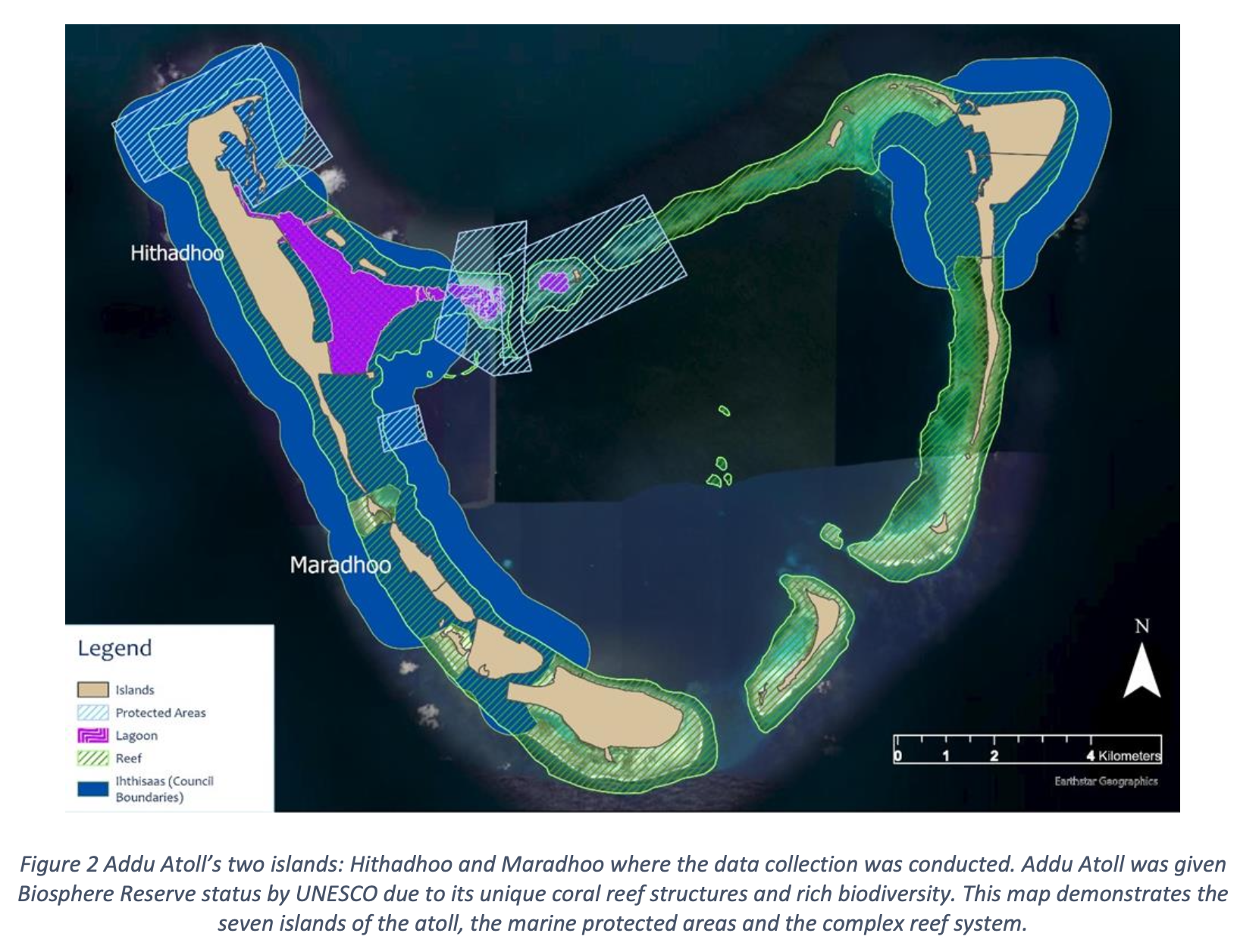
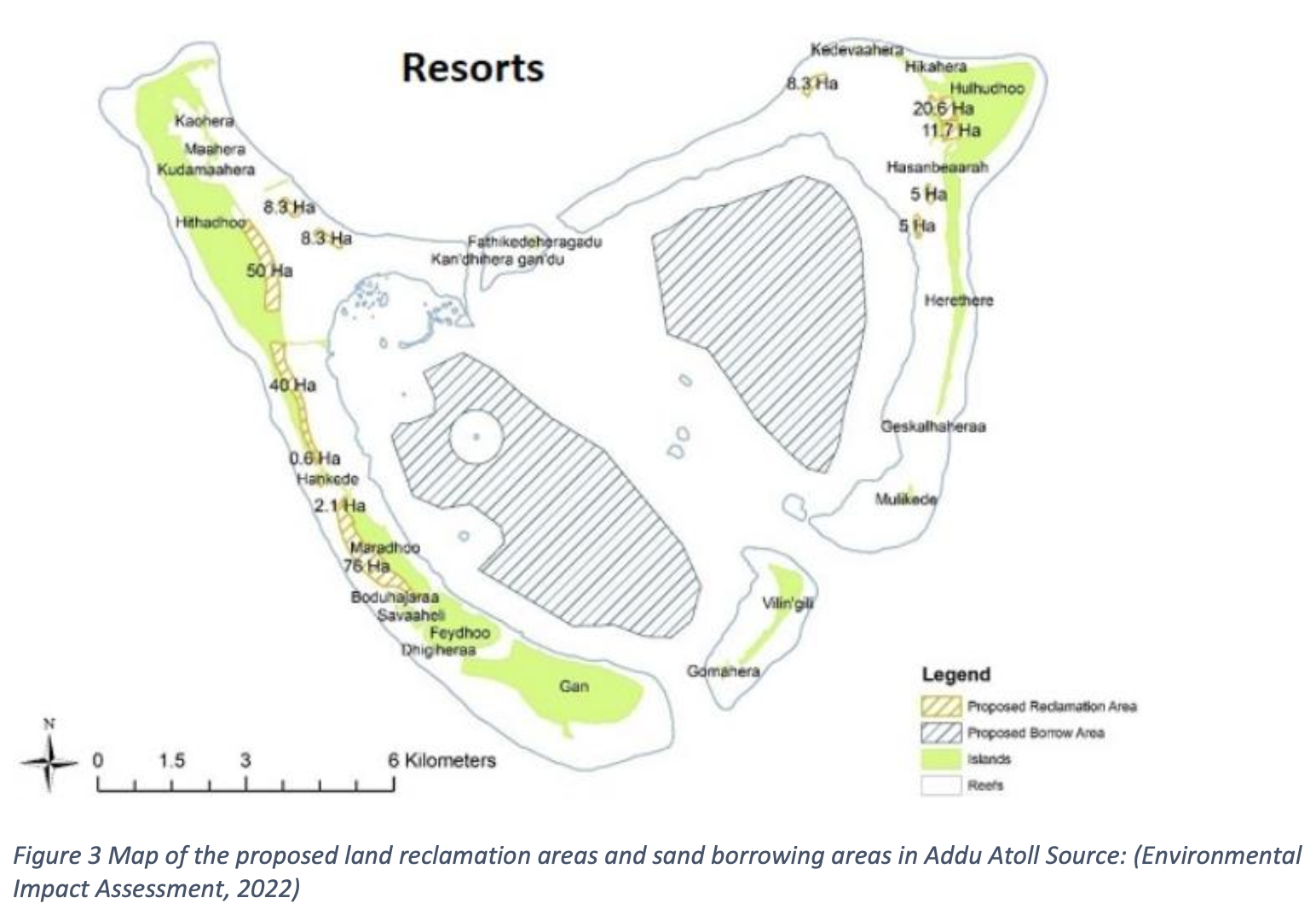
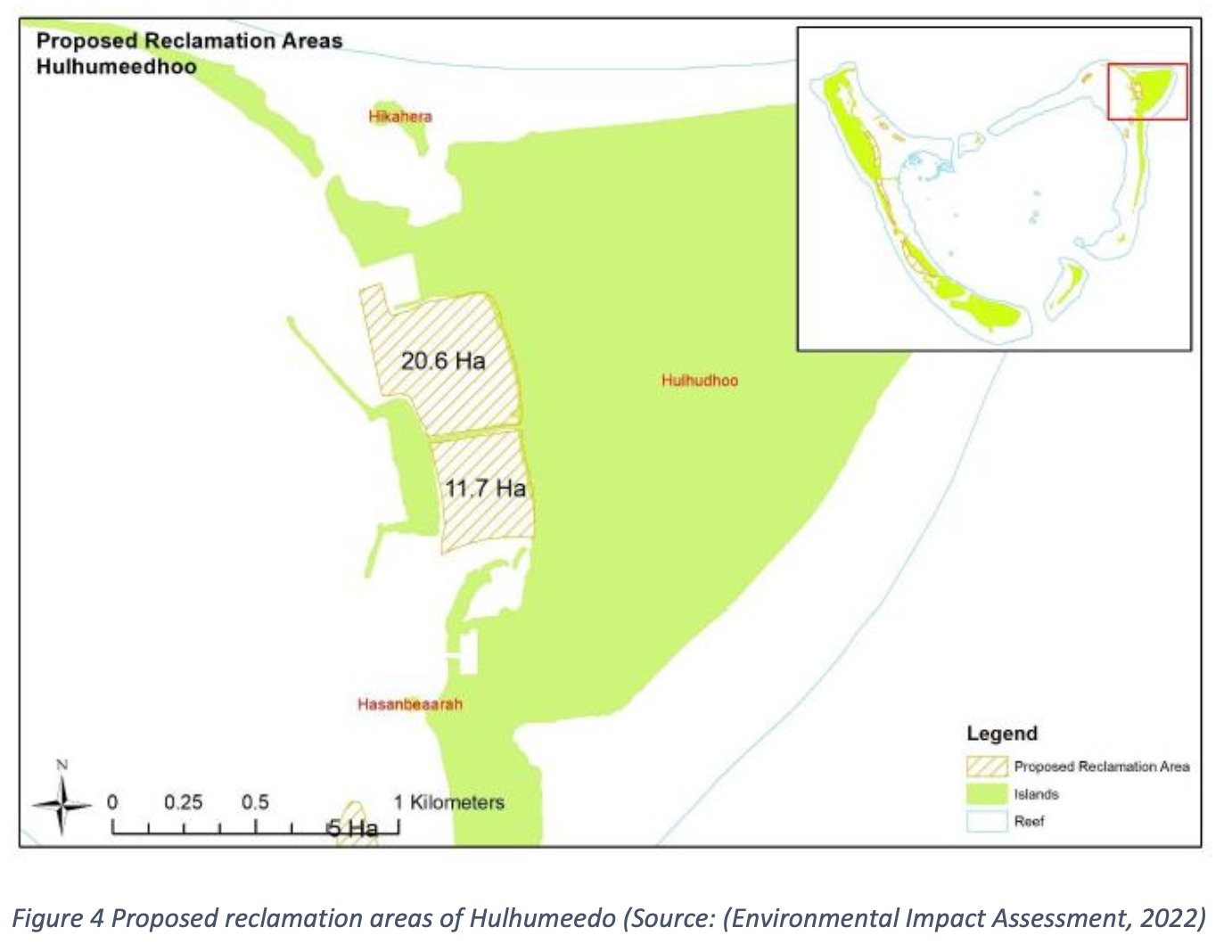
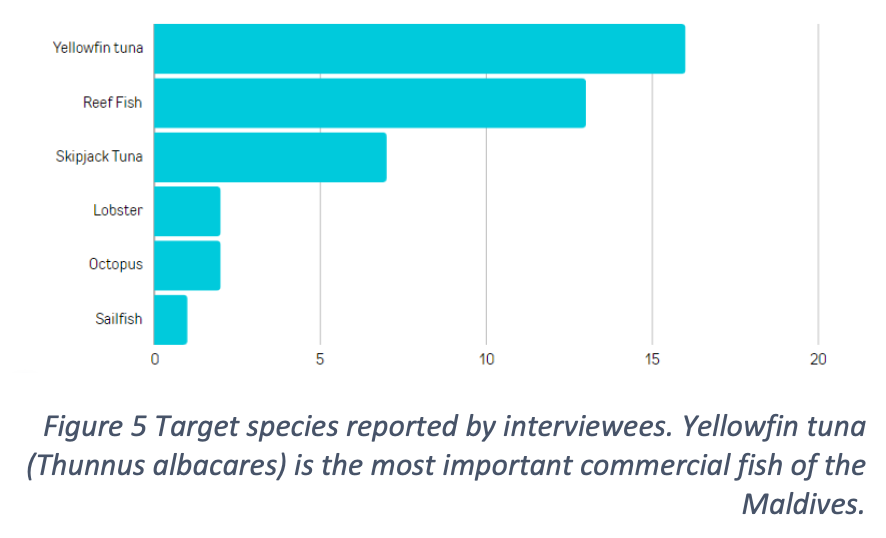
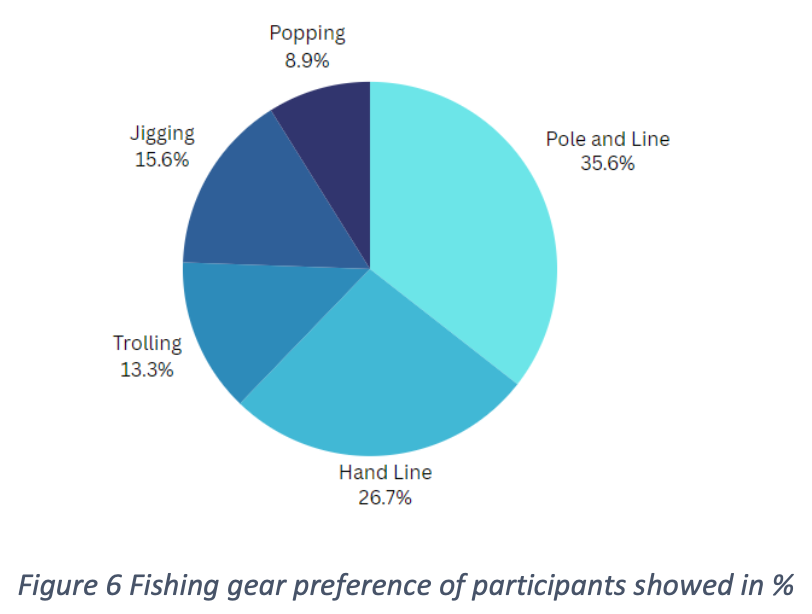
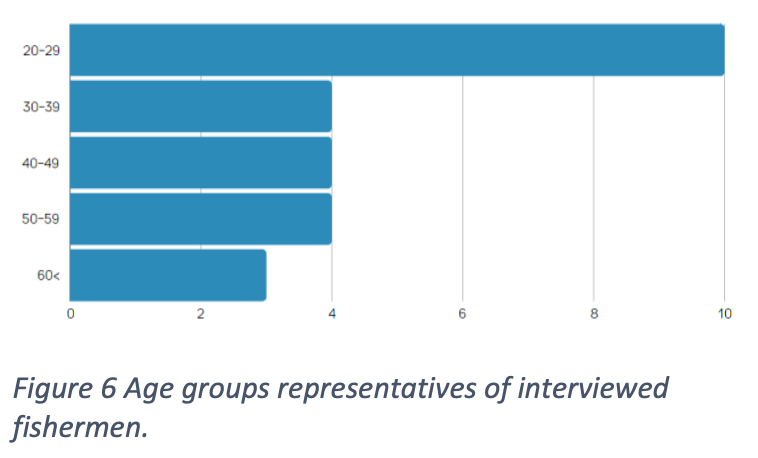
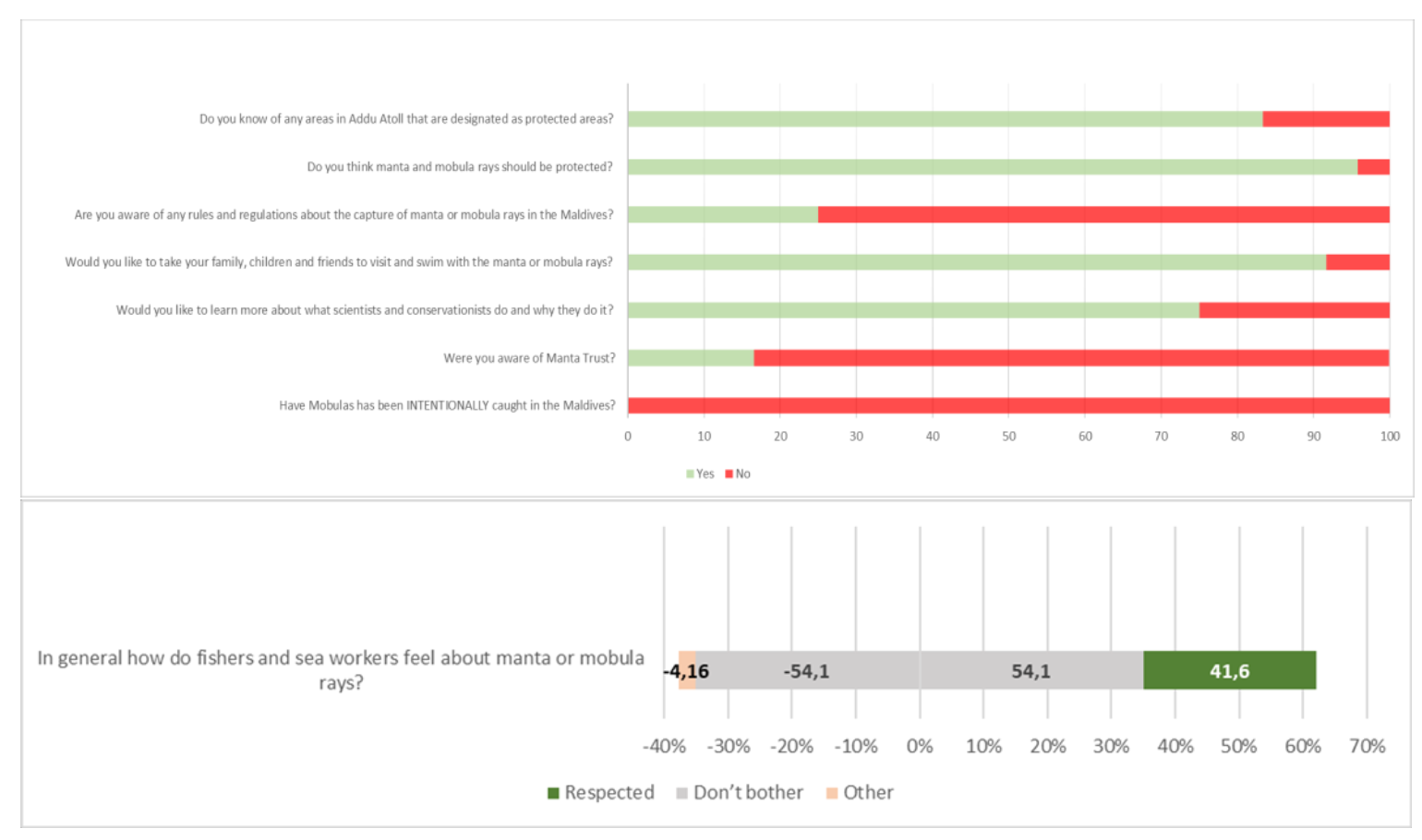
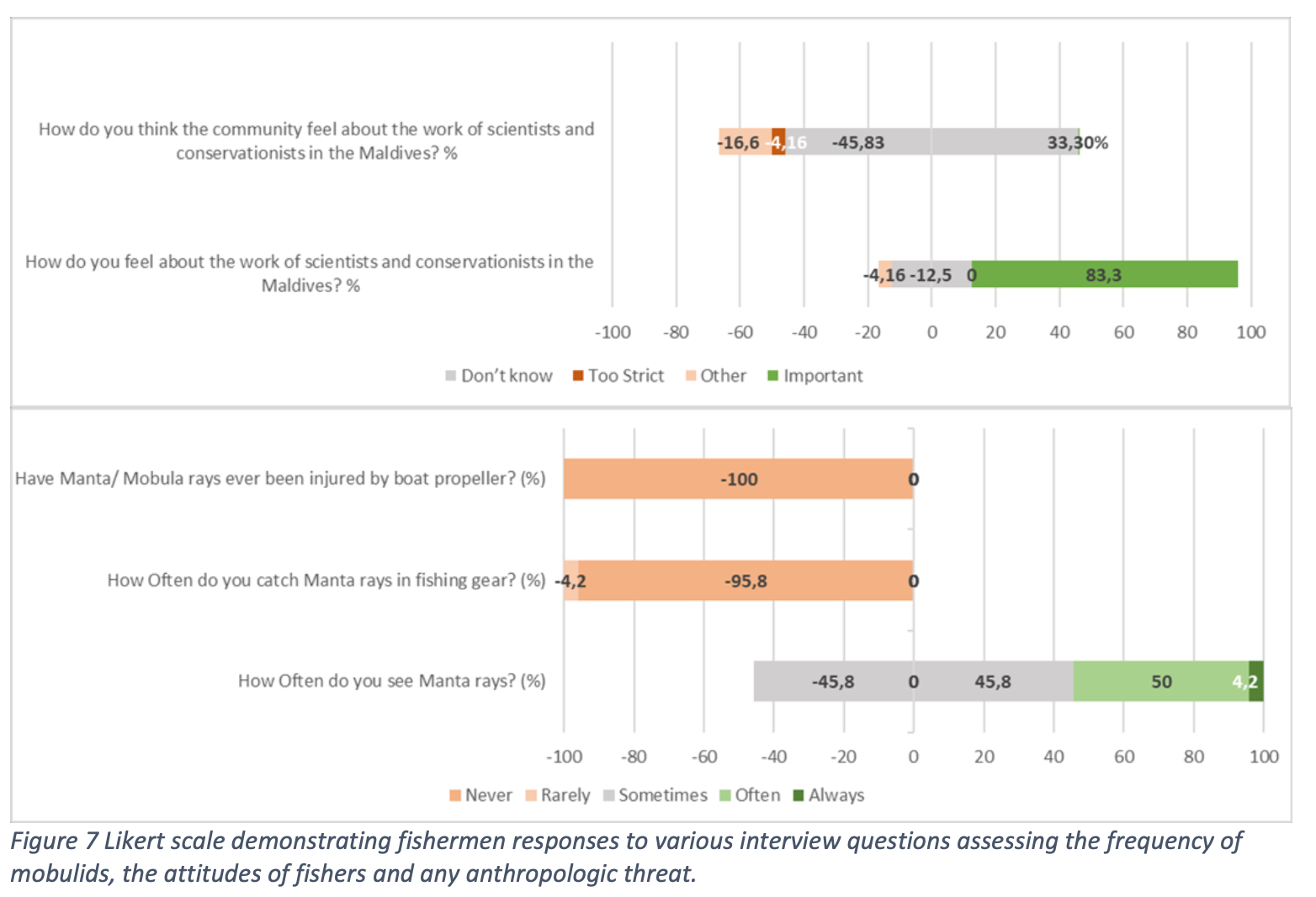
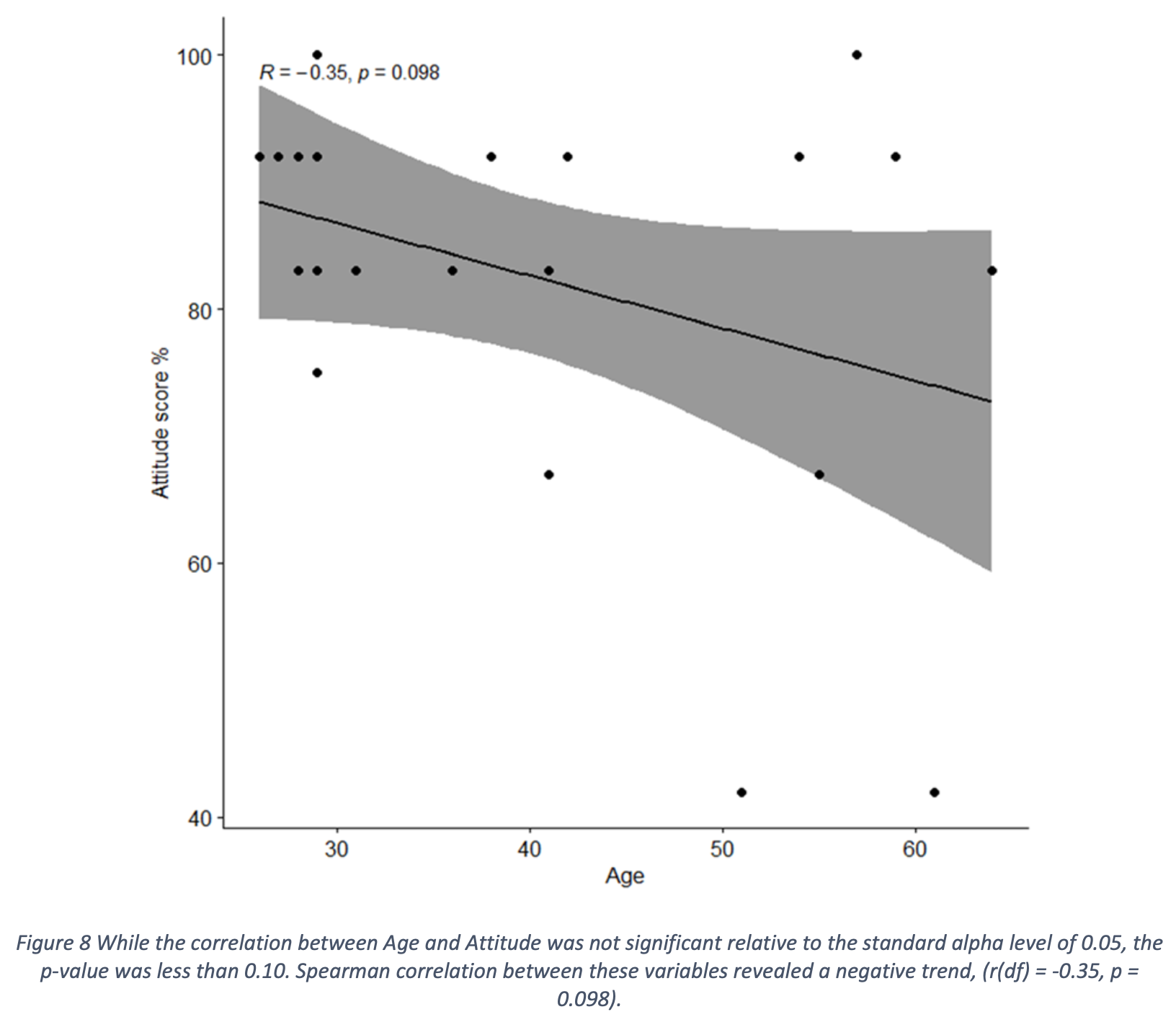
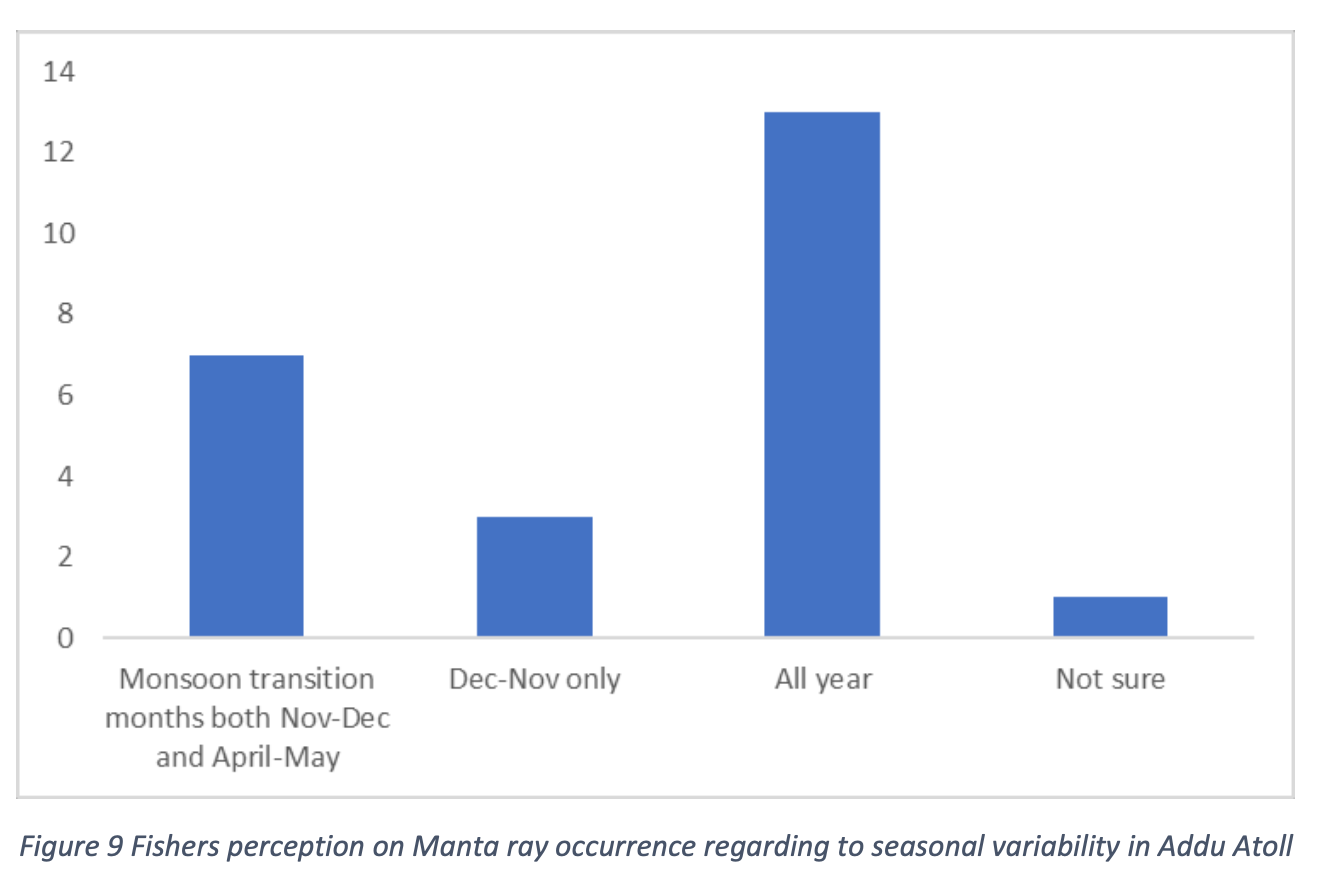
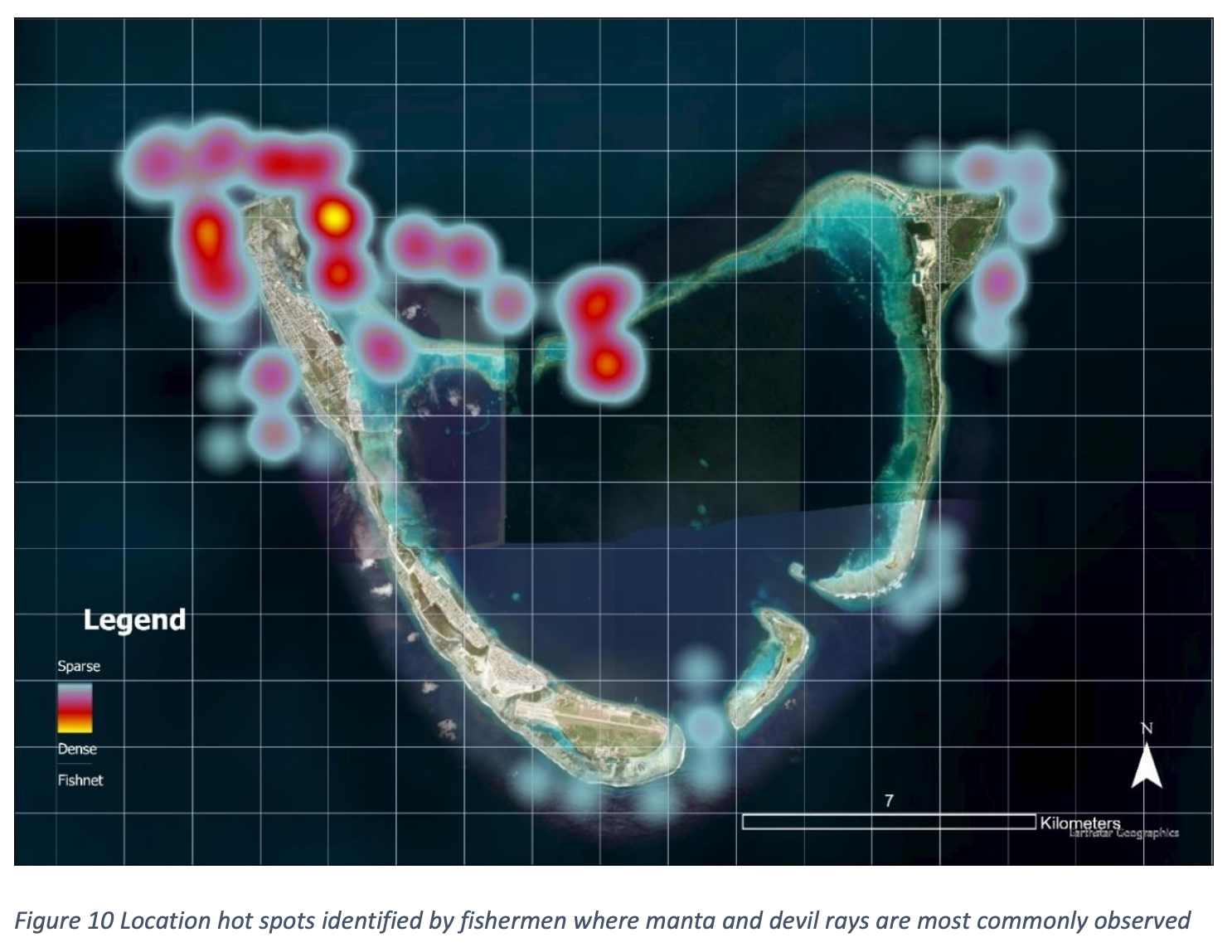
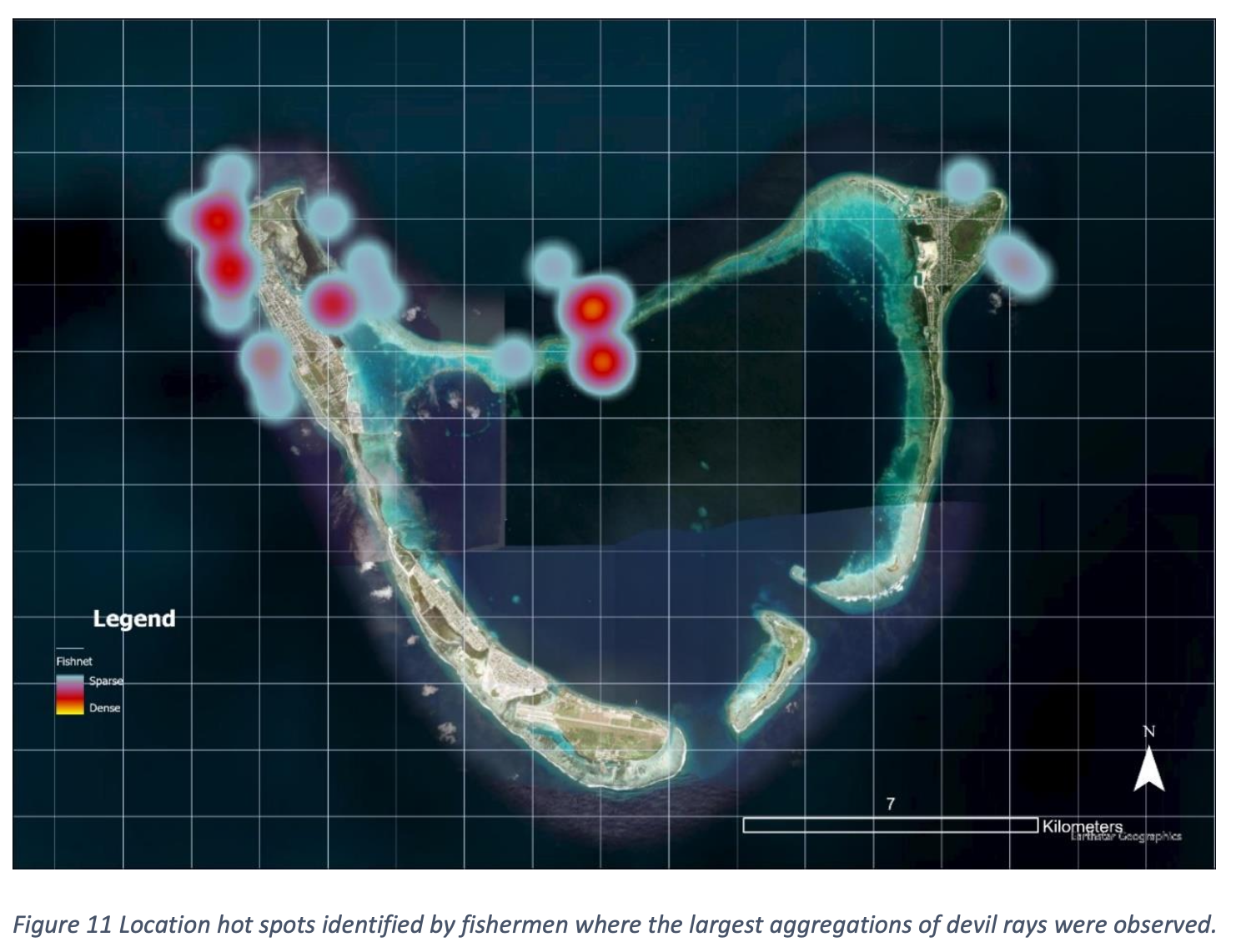
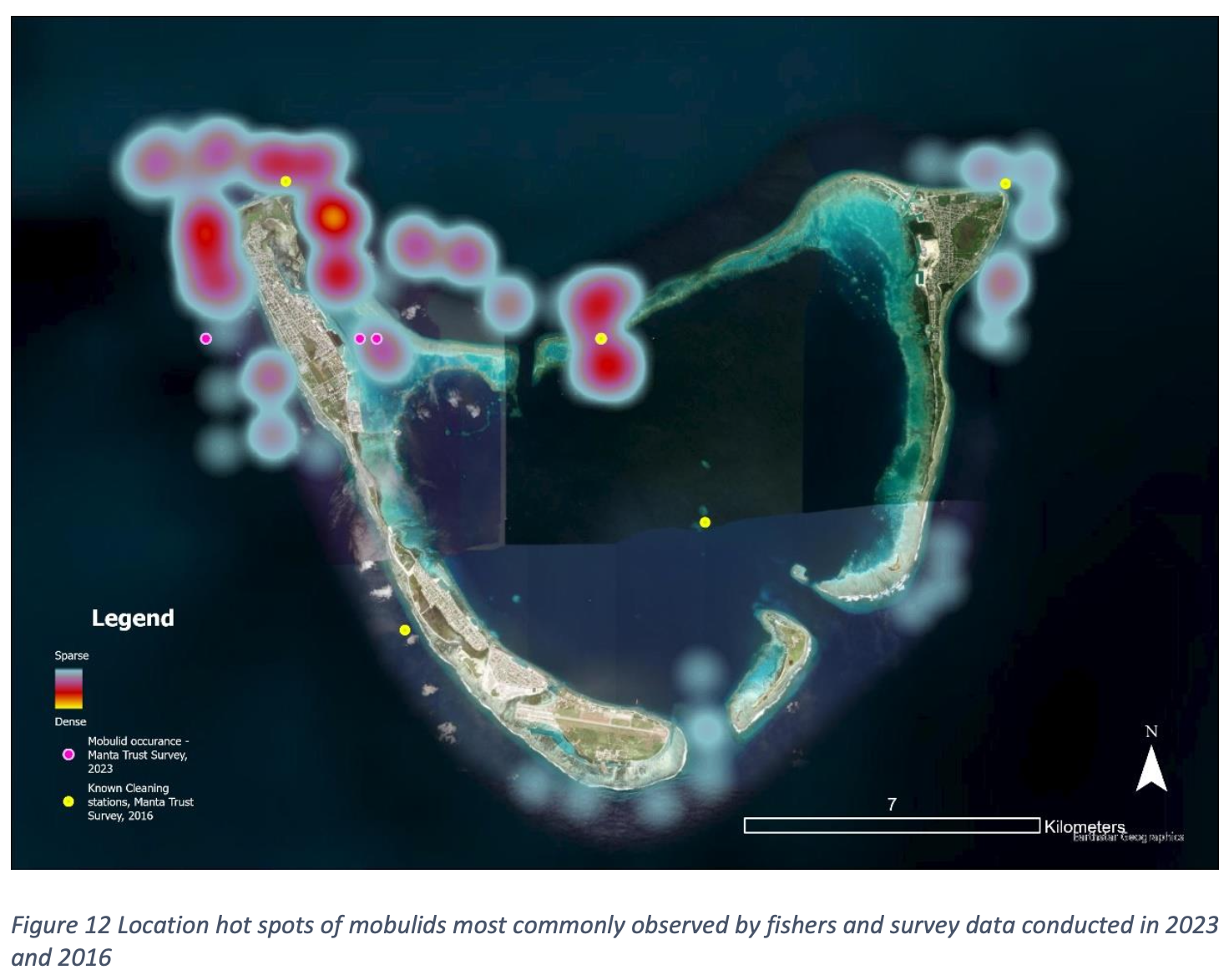
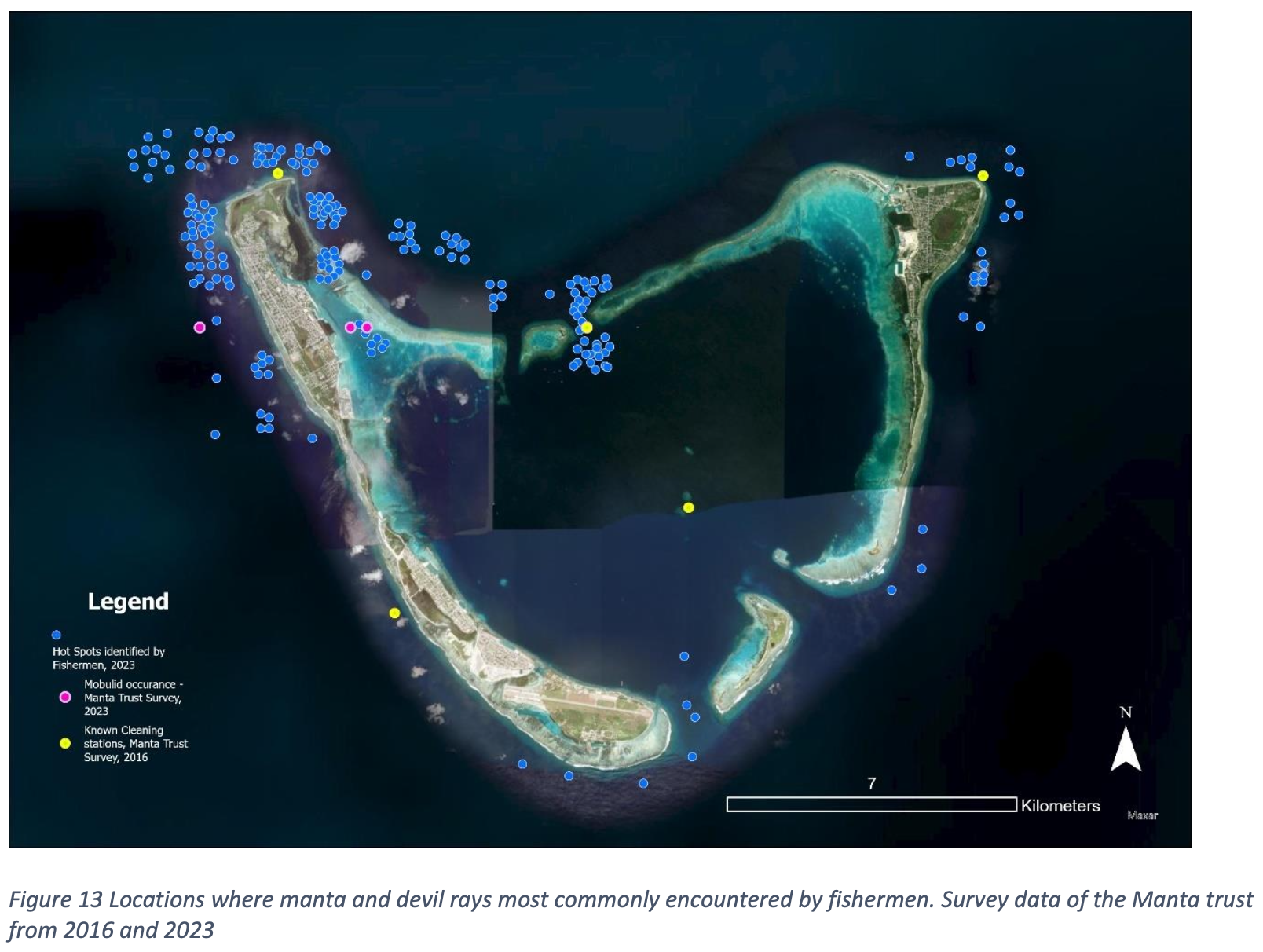
Summary: Unregulated fishing has led to a rapid decline in mobulid populations, with the oceanic manta ray now listed as endangered and the reef manta ray listed as vulnerable. The Maldives' ban on commercial manta ray harvests has created a sanctuary for the largest known population of mobulids. However, large-scale development, like land reclamation, threatens mobulid habitats. A study in Addu Atoll aimed to understand fishermen's knowledge and attitudes toward mobulid conservation. Most fishermen showed excellent knowledge and positive attitudes. Integrating local ecological knowledge into policy and research is crucial. The findings of this investigation serve as baseline for future studies comparing local ecological knowledge (LEK) between other Maldivian atolls, as well as distribution and abundance data of mobulids.
Abstract
“Unregulated fishing efforts over the past few decades have been the main factor contributing to the mobulid population's rapid decline. The oceanic manta ray Manta birostris received endangered conservation status in recent years whereas the reef manta ray Manta alfredi is vulnerable. To establish conservation efforts considering the species more data is necessary. The Maldives banned the commercial harvest of manta rays and now supports the largest known population of mobulids. Addu Atoll in the southernmost Maldives is one of the few places in the world where manta and devil rays have an annual occurrence. Addu’s infrastructure is subject to large-scale development in the form of a land reclamation project which may impact the otherwise healthy population of mobulids in the area.
Our primary research objectives are to assess the local ecological knowledge of fishermen, evaluate their attitude towards mobulid conservation efforts and environmental research, identify anthropogenic stressors in important manta ray habitats and explore manta and devil ray distributions across the atoll.
To achieve the above, 24 in-person interviews were conducted in Addu Atoll between May and July 2023 using semi-structured questionnaire forms. The primary topics covered included fishers’ demographic profile, fishing habits and gear, fisher’s attitudes and local ecological knowledge (LEK) towards mobulids. The answers were subjected to qualitative and quantitative analysis using a three-point Likert scale. Attitude and LEK indices were created and compared to the variables of participants’ profiles and fishing habits. The fishermen indicated sightings of manta and devil rays were presented in a map alongside previously conducted in-field survey results.
The overwhelming majority of questioned fishermen (79%; n=19) were awarded an excellent knowledge indicator and most fishers demonstrated a positive attitude towards manta and devil ray conservation and scientific research. The distribution hot spots reported by participants were overlapping with survey results. There was a weak negative correlation between age and attitude variables.
In conclusion, our study suggests that the local ecological knowledge of users of the marine environment should be included in science and policy. The findings of this investigation will serve as baseline for future studies comparing LEK between other Maldivian atolls, as well as distribution and abundance data of mobulids.“
Author Affiliations
Heriot Watt University
The Manta Trust
